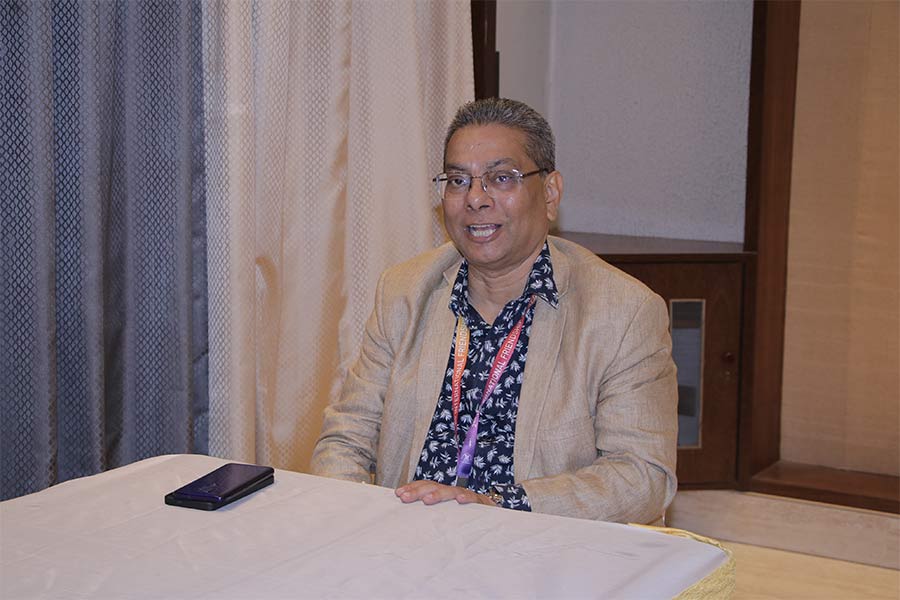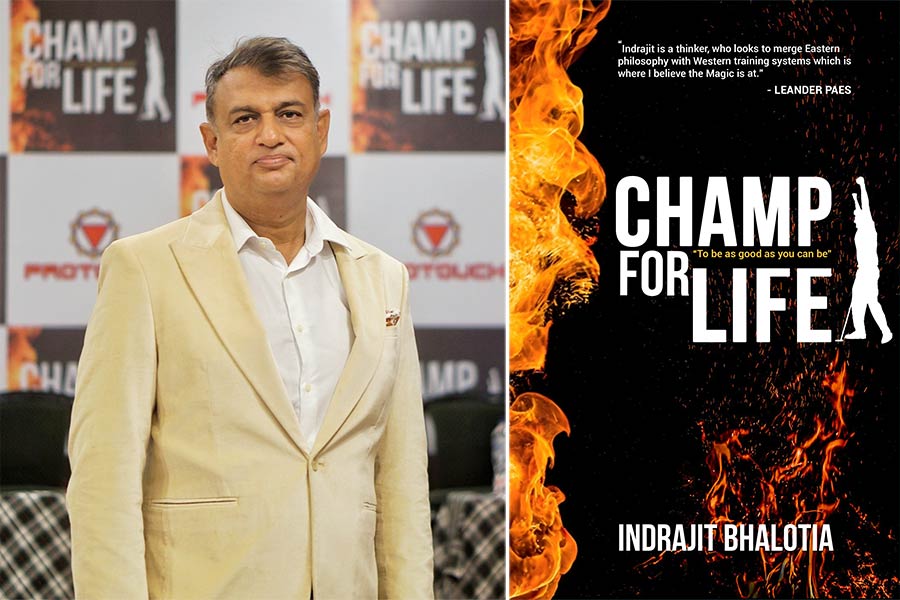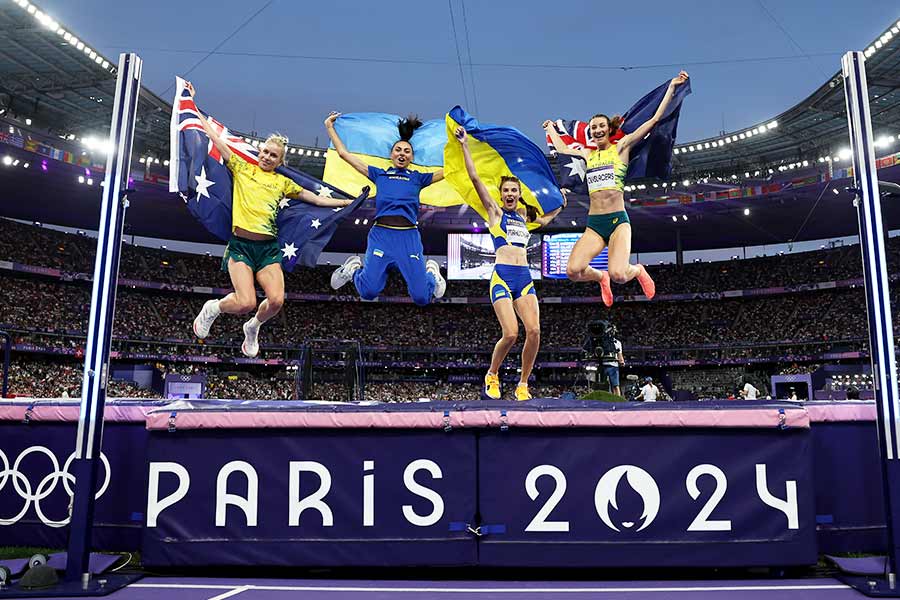When Chandan Roychoudhury first forayed into sports administration, Sachin Tendulkar had not yet made his debut for India, Martina Navratilova and Steffi Graff were fighting it out for Grand Slam glory, and Lionel Messi was less than six months old. Roychoudhury was the youngest administrator at the 1987 South Asian Games held in Kolkata — the beginning of a journey that has seen him evolve into a mainstay for all things sport in the city.
A lifelong sports enthusiast, Roychoudhury has recently been elected as the president of both the Bengal Olympic Association (BOA) and the Bengal Paralympic Association. Additionally, he has been the secretary of the Calcutta Rowing Club (CRC) for the past two decades, leading his friends to joke that “everything at CRC must go through CRC”. Always gracious and a meticulous listener, Roychoudhury, 65, is far from done. While speaking to My Kolkata on a sun-soaked afternoon at his CRC office in December, he outlined his vision for sports in Bengal and what the state can do to revive its sporting glories.
‘You can’t create a great athlete without a great coach’
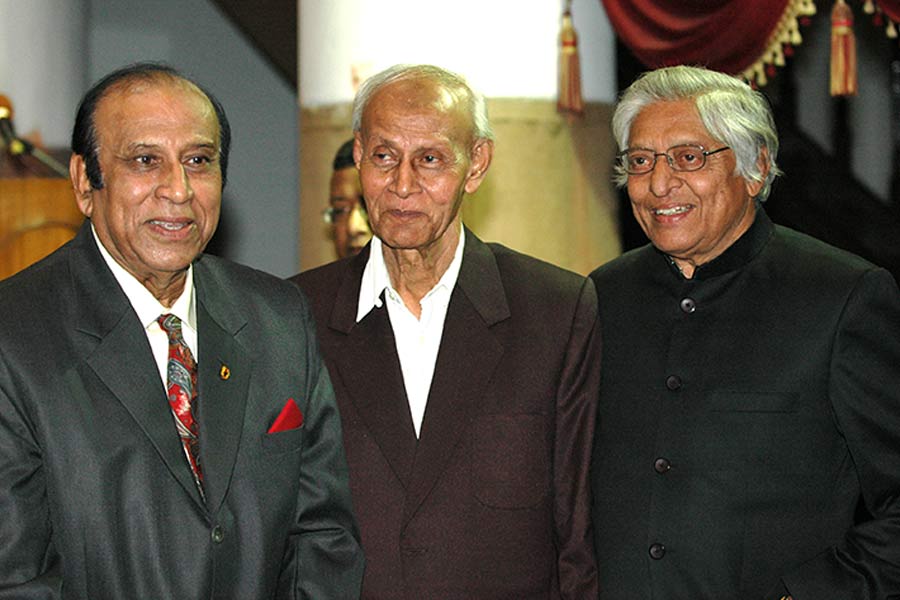
Roychoudhury laments the absence of great coaches like PK Banerjee and Chuni Goswami in Bengal’s current sporting landscape TT archives
Having previously served as secretary-general and vice-president of the BOA, Roychoudhury knows the intricacies of sports administration better than most. “Bengal has immense talent,” he says, “but identifying and nurturing that talent from the grassroots is key.” Roychoudhury’s primary goal as president is to focus on sports like table tennis, badminton, fencing and weightlifting — disciplines that often bring medals yet remain underdeveloped in the region.
Roychoudhury emphasises the importance of starting early, identifying school-level talent and providing proper coaching. For him, ‘grassroots’ is more than a buzzword — it’s the foundation for sports in Bengal. Drawing inspiration from the central government’s Khelo India initiative, Roychoudhury aspires to replicate its success in Bengal. Yet, challenges abound. Roychoudhury points to the lack of good coaches as a considerable hurdle. “You can’t create a great athlete without a great coach,” he insists, lamenting the absence of names like P.K. Banerjee and Chuni Goswami in today’s landscape.
But Roychoudhury is nothing if not a problem solver. His suggestion is “developing Bengal’s coaching ecosystem by bringing in international expertise”. He also envisions collaborations with educational institutions to create specialised certification programmes for coaches, which can lead to a sustainable coaching pipeline. District-level infrastructure is another area of focus for Roychoudhury. The West Bengal government has made significant strides in sports in recent years, with new academies and over 30 state-of-the-art stadiums. Roychoudhury plans to capitalise on this momentum, aiming to make districts the epicentres of sports development. “If we improve district sports infrastructure, we will find more talent,” he says.
‘Paralympics have shown us the triumph of the human spirit’
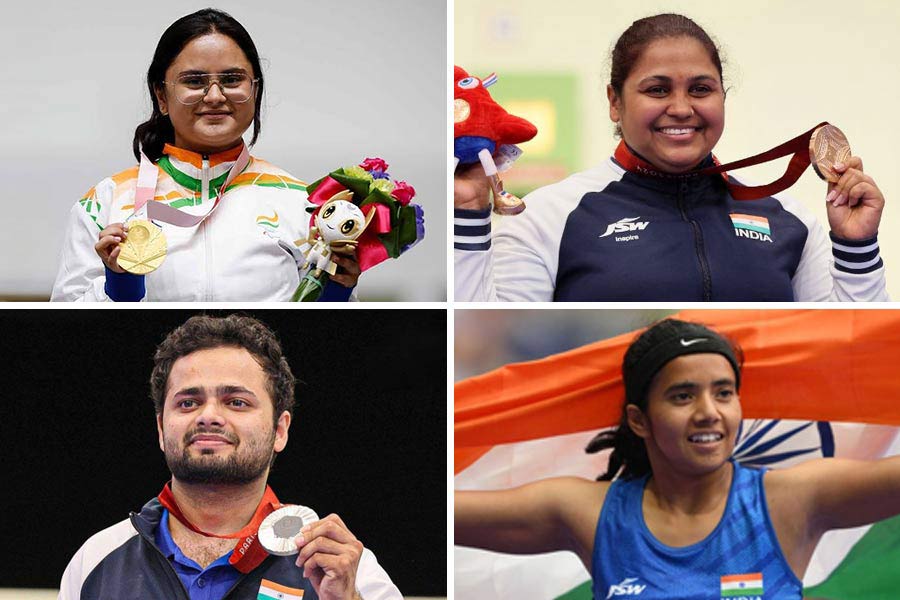
Many of Roychoudhury’s most memorable sporting interactions have been with Paralympic athletes TT archives
Roychoudhury’s vision extends beyond Bengal. He is keen to position the state as a key contributor to India’s growing sports ambitions, including the possibility of hosting the Youth Olympics and/or the Olympic Games in the 2030s. While acknowledging the immensity of the task, Roychoudhury believes that India has the infrastructure and talent to make it happen. “If we can host the ICC Cricket World Cup and the U-17 FIFA World Cup and the Commonwealth Games, then why not the Olympics?” he asks.
Under Roychoudhury’s leadership, BOA intends to double down on the sports where Bengal has a natural advantage. “Bengal may not excel in boxing or wrestling, but we have tremendous talent in table tennis, archery and weightlifting,” explains Roychoudhury. His strategy involves streamlining resources to maximise medal prospects in these areas. To fund these ambitions, Roychoudhury is looking to engage corporate sponsors more effectively. He wants to create an advisory corporate committee, leveraging CSR funds for the development of sports in Bengal. “Corporates are spending CSR money elsewhere. Why not for sports? If we can convince them, it will be a game-changer,” he says.
Roychoudhury is equally passionate about his role in the Bengal Paralympic Association. “Paralympics have shown us the triumph of the human spirit,” he says, recounting his interactions with medallists like Deepa Malik and underscoring the contributions of the likes of Devendra Jhajharia (president of the Paralympic Committee of India) and Satyanarayan (coach of India’s paralympics team) towards the Indian contingent’s success in Paris. Even though Roychoudhury has helped bring several sporting icons to Kolkata and interacted with the best of the best, it’s his work with Paralympic athletes that he finds most inspiring. “Their talent is extraordinary. They only need the right infrastructure and opportunities,” he says, underscoring his belief in equal opportunities for all athletes.
‘Parents need to understand that sports is not just a hobby; it’s a viable career option’
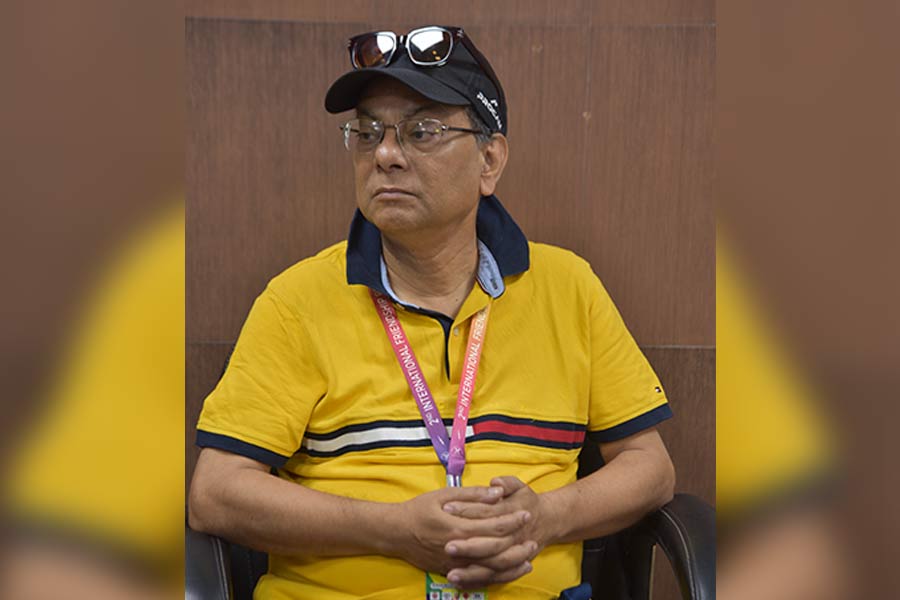
“Sports is not just a game, it’s a way of life,” believes Roychoudhury Chandan Roychoudhury
At the CRC, Roychoudhury is as hands-on as a secretary can get. Apart from taking care of the everyday demands of the club, Roychoudhury has been instrumental in the CRC hosting international regattas that have placed Bengal on the global rowing map. Despite his extensive administrative responsibilities, Roychoudhury remains deeply connected to the sporting community. His personal philosophy is shaped by his early years as a player. From football and cricket to table tennis and rowing, his love for sports began in school. “Sports is not just a game, it’s a way of life,” he asserts, crediting sports for teaching him values like resilience, teamwork and discipline.
As the conversation winds down, Roychoudhury reflects on the cultural shift in Bengal’s sporting ethos. While he accepts a decline in producing top-tier athletes in recent years, he sees this as a phase rather than a permanent downturn. His solution? A renewed focus on parent education, grassroots development and a holistic approach to sports. “Parents need to understand that sports is not just a hobby; it’s a viable career option,” he says, pointing to success stories like Mehuli Ghosh in shooting as examples of what is possible with the right support.
Looking ahead, Roychoudhury is optimistic about Bengal’s sporting future. His tenure as the BOA president runs until 2028, and he is determined to leave a legacy of growth, inclusivity and excellence. “If we can inspire the next generation and give them the tools they need, Bengal can once again be a leader in Indian sports,” he concludes, well aware that the most glorious chapters in his sports administration journey are yet to be written.
